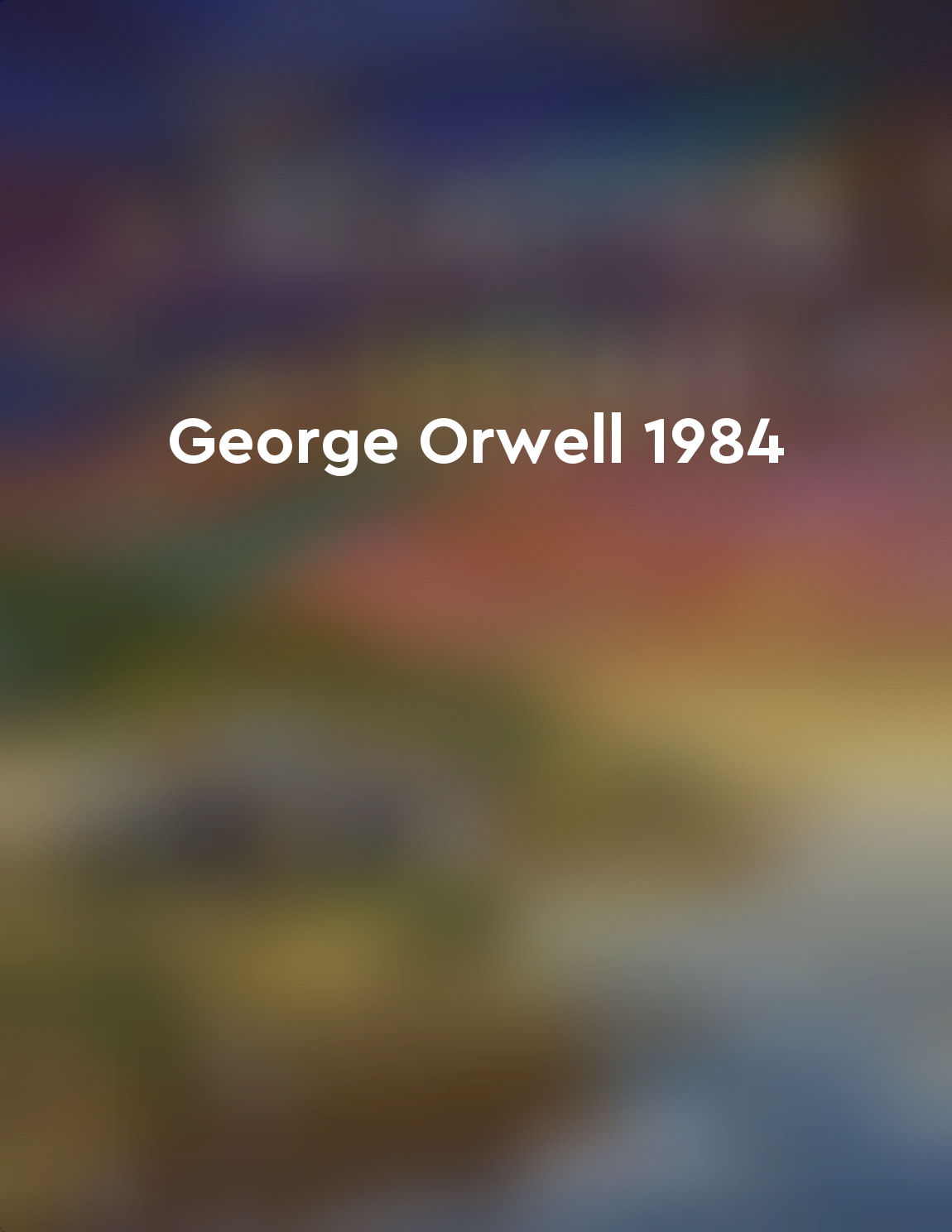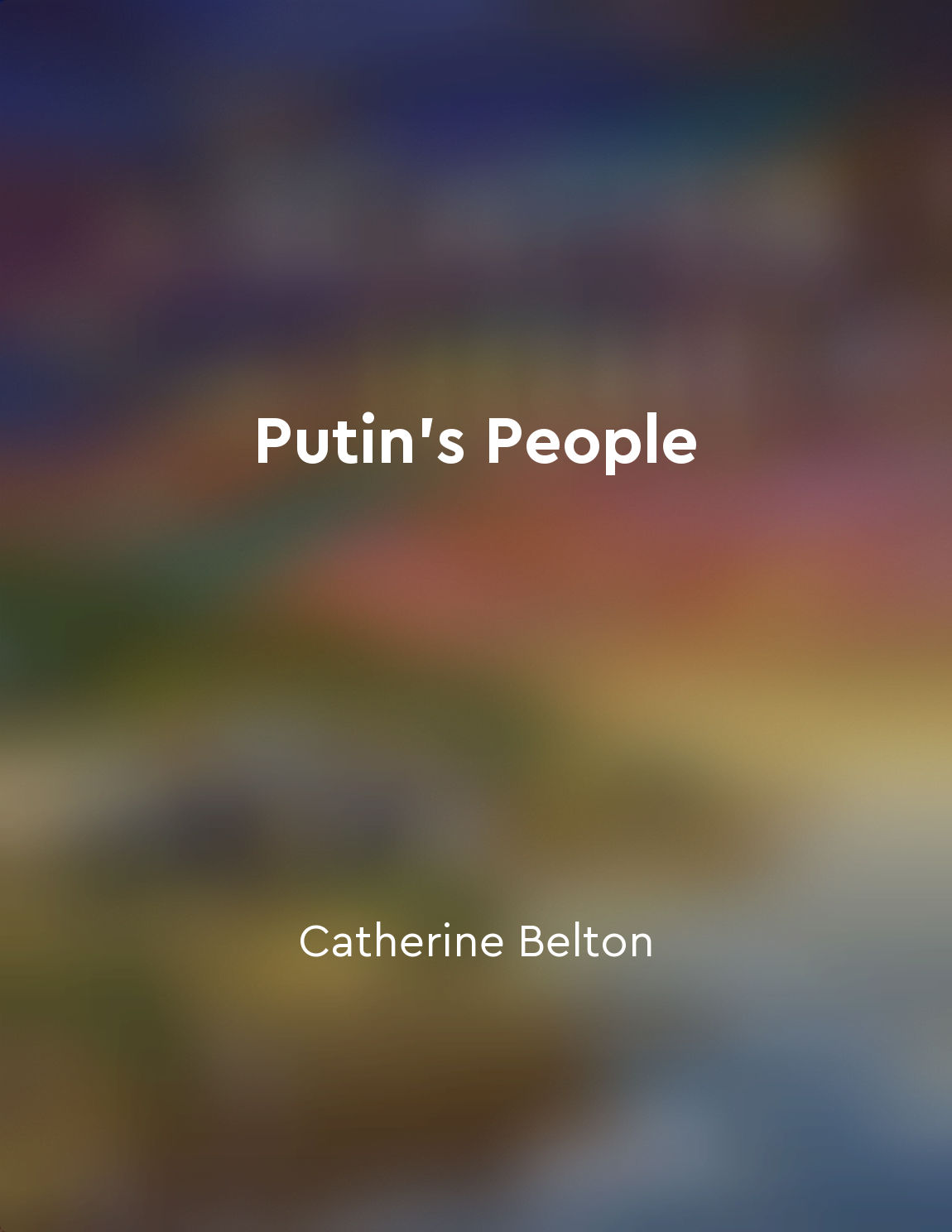The power of ideology can corrupt individuals from "summary" of Darkness at Noon by Arthur Koestler
The seductive allure of ideology lies in its ability to offer a clear and compelling narrative to individuals seeking meaning and purpose in a chaotic world. It provides a framework through which one can make sense of their existence and place in society. However, this very same power can also serve as a dangerous double-edged sword, leading individuals down a path of moral ambiguity and ethical compromise. As we see in 'Darkness at Noon', the character of Rubashov is initially a staunch believer in the ideology of the Party, willing to sacrifice everything in the name of the greater good. Yet, as he is gradually drawn deeper into the machinations of the regime, he begins to question the true motives behind the Party's actions. The very ideology that once served as his guiding light now becomes a source of internal conflict and doubt. The process of corruption is insidious, seeping into the cracks of one's conscience until it becomes almost imperceptible. Rubashov finds himself torn between his loyalty to the Party and his own sense of morality, grappling with the realization that the two may not be as compatible as he once believed. The power of ideology blinds him to the atrocities committed in its name, leading him to justify actions that he knows deep down to be wrong. In the end, Rubashov's downfall is not a result of external forces or coercion, but rather a gradual erosion of his own ethical compass. The very ideology that he once held dear becomes a prison from which he cannot escape, trapping him in a web of deceit and self-delusion. It is a stark reminder of the potent influence that ideology can wield over individuals, leading them to forsake their humanity in pursuit of a misguided ideal. As we reflect on Rubashov's tragic fate, we are forced to confront the uncomfortable truth that the power of ideology is not just a theoretical concept, but a very real and present danger in our own lives. It is a reminder that we must remain vigilant against the seductive allure of simplistic narratives and false promises, lest we too fall prey to the corrupting influence of ideology.Similar Posts
The search for truth and meaning in a chaotic world
The Brothers Karamazov delves into the complexities of the human experience, exploring the fundamental questions that plague th...
Fear can drive decisionmaking
Fear, like a shadow, can silently influence the decisions we make, shaping our actions in ways we may not even realize. In 'The...
The role of free will in shaping one's destiny
In the grand tapestry of human existence, there exists a delicate interplay between the forces of fate and free will. The Broth...
God, faith, doubt, and moral responsibility
The theme of God, faith, doubt, and moral responsibility permeates throughout the narrative of "The Brothers Karamazov" as expl...

Technology aids surveillance efforts
The Party, through its advanced technological infrastructure, has successfully established a pervasive system of surveillance i...

Putin's aggressive foreign policy has destabilized global politics
Catherine Belton’s exploration of the inner workings of the Putin regime in “Putin’s People” sheds light on how Putin’s aggress...
He never wavered in his commitment to the truth
The man stood firm in his dedication to the truth, unwavering in the face of adversity. Despite the harsh conditions and consta...
